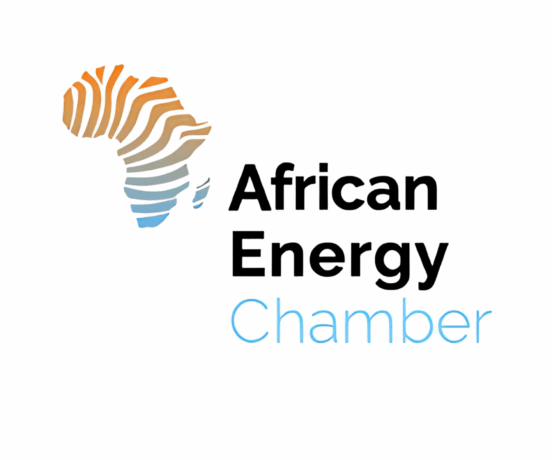
By NJ Ayuk, Executive Chairman, African Energy Chamber
Several years ago, the African energy industry was in survival mode. The COVID-19 pandemic had practically eliminated demand for crude oil, and African exports dropped sharply.
That’s why — though many African states are still feeling the wounds inflicted by COVID — I find it encouraging to learn that Africa’s liquids supply in 2023 has reached nearly 7 million barrels per day (MMbbs/d), more than 430,000 barrels per day (bpd) above Africa’s 2020 lows of about 6.55 MMbbs/d.
This progress is among the topics covered in the African Energy Chamber’s newly released State of African Energy Q1 2023 Report. The report details the emerging trends shaping the world’s oil economy and highlights Africa’s role in meeting global demand.
And the overall outlook for African oil production in 2023 is promising.
Russian energy supplies to Europe continue to decline in the wake of the Ukraine war, Africa is poised to increase its oil and natural gas exports to the continent, and African oil supplies are expected to remain steady throughout 2023 and beyond.
Highlighting Africa’s Role in the Global Oil Economy
The State of African Energy Q1 2023 Report provides several key insights into African oil production for the remainder of this year.
- The 2023 global liquids (crude + condensates) month-on-month outlook is expected to stay flat and stable with an annual average of 83.4 million bpd.
- Africa’s liquids supply is expected to contribute 8% of the global volume over the year.
- The continent’s top five producers—Nigeria, Libya, Algeria, Angola, and Egypt—will contribute to over 80% of Africa’s 2023 liquids output.
The 2023 global liquids (crude + condensates) month-on-month outlook is expected to stay flat and stable with an annual average of 83.4 million bpd
While the majority of the production from Nigeria and Angola is from offshore projects, Algeria, Libya, and Egypt’s production comes from their respective onshore fields. Libya is expected to deliver increased 2023 production as its civil war subsides.
New Projects Across the Continent Will Drive 2023 Supply
A number of new projects are expected to drive African supply in 2023.
In Nigeria, Shell’s Bonga North project, believed to hold as much as 525 million barrels of crude, could help the country boost its production to pre-pandemic levels. Nigeria’s production is on the rebound, reaching a one-year high of 1.44 million barrels per day in February and accounting for two-thirds of the rise in OPEC’s oil production that month.
With a $10 billion investment from TotalEnergies, Uganda’s Lake Albert development, together with the Tilenga and Kingfisher projects and the 1,500-kilometer East African Crude Oil Pipeline (EACOP), is predicted to produce as much as 230,000 barrels per day.
Ghana stands to double its production to over 400,000 barrels per day with recent discoveries in the Deepwater Tano Cape Three Points Block, operated by Norway’s Aker Energy. Ghana will have a significant role in shaping the region’s outlook this year as it also reopens its 45,000 barrel-per-day Tema oil refinery.
Senegal’s Sangomar Field Development, reported 60% complete as of last September, is expected to yield its first oil this year. The $4.6 billion project, led by Woodside Energy in partnership with Senegal’s national oil firm Petrosen, is expected to yield approximately 231 million barrels of oil in its first phase of development, with total recoverable oil resources estimated at around 500 million barrels over its lifetime.
Angola’s output has soared, reaching 34.29 million barrels in January — an increase of more than 580,000 barrels over the prior month. Its capacity has more than tripled since it completed the rehabilitation and expansion of its 65,000 barrel-per-day Luanda Refinery.
These impressive numbers represent a significant growth trend for Africa as we move further into 2023. With more than 70 oil and gas projects slated to come online by 2025, analysts predict Africa could produce as much as 2.3 million barrels per day of crude by 2025.
Oil Production Boosts Mean New Life for African Economies
The data and forecasts in our State of African Energy Q1 2023 Report paint an encouraging picture of Africa’s energy industry. In a turbulent global oil and gas market, the continent’s oil production is steady and growing. Our oil and gas industry is poised to breathe new life into our economies and create new opportunities for Africans in 2023.
Learn more and read the full report at www.EnergyChamber.org.



